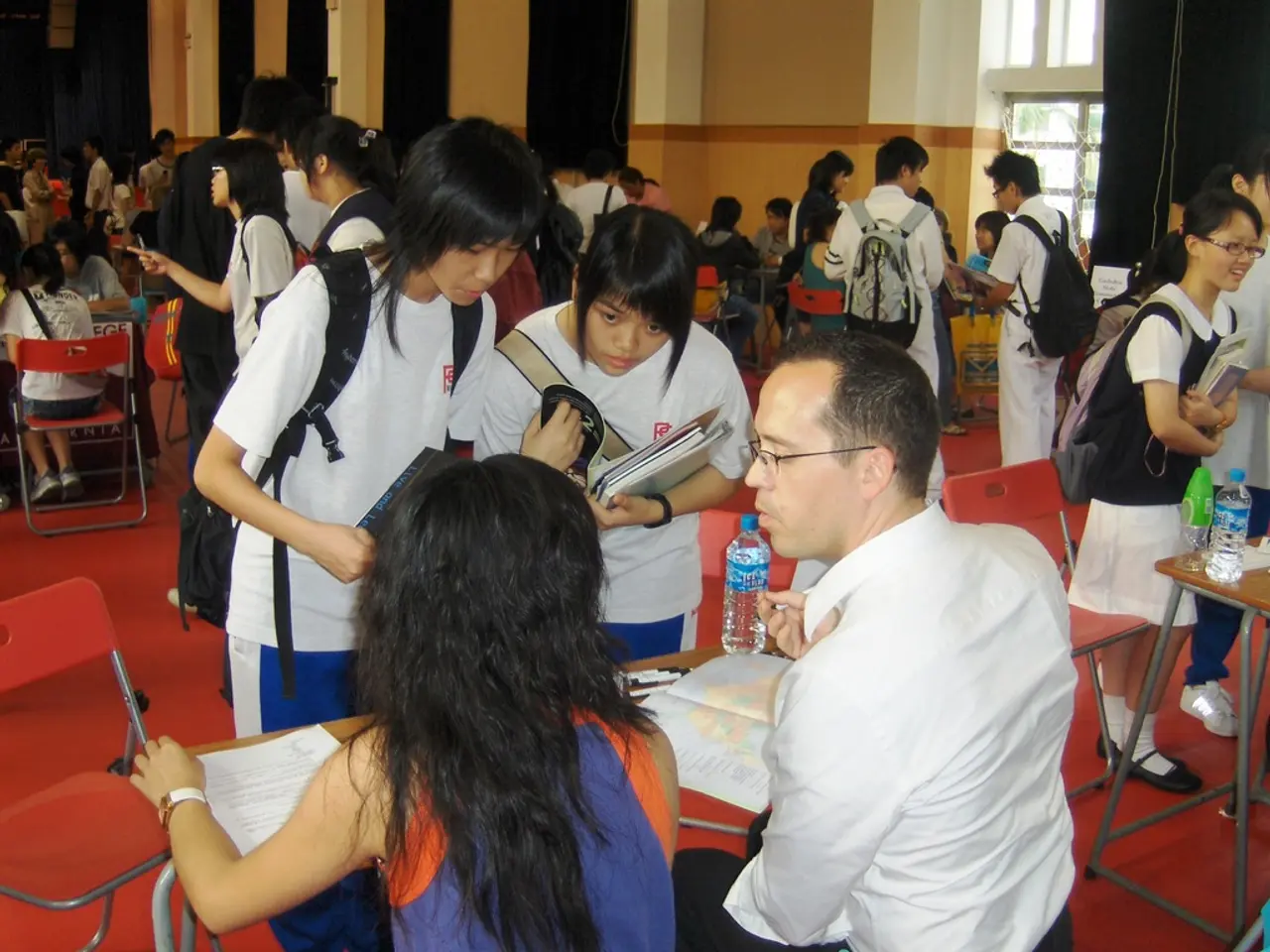Overworked Romanian students put in almost double the homework hours compared to their Nordic counterparts, experts caution of potential harm to educational progress.
In Bucharest, Romania, this autumn, renowned neuropsychiatrist Dr. Daniel Siegel will hold a conference discussing the potential effects of excessive homework on child development. The event is part of ParentEd Fest 2025, a gathering dedicated to exploring the latest insights in child development and parenting.
Siegel, a leading voice in the field of interpersonal neurobiology, will warn that excessive homework can come at the expense of play and rest, which are essential for deep learning. According to Siegel, in a relaxed state during play, children's nervous systems function optimally, activating the brain's frontal lobes responsible for problem-solving, reasoning, and creativity. Sacrificing this time, he argues, can limit a child's ability to learn effectively.
The conference will also welcome Dr. Gordon Neufeld, a psychologist specializing in child development and a pioneer in the field of attachment, as well as Dr. Laura Markham, a psychologist and bestselling author on connection-based parenting. Maggie Dent, a recognized expert in parenting and author of books on balanced child development, and Tamara Neufeld Strijack, therapist and author, will also attend. Dr. Shefali, an internationally renowned clinical psychologist, will be present for the second time.
Research has shown that more hours spent on lessons and homework do not necessarily lead to better academic performance. In fact, countries like Finland, Norway, and Iceland average just eight hours of homework per week, while Georgia, Italy, and Albania have students who spend between 16 and 17 hours weekly on homework. Finland ranks at the bottom in Europe with just six hours per week of homework.
The differences in homework hours between Romania and Nordic countries can be attributed to several factors. The educational systems in Romania and Nordic countries differ significantly, with Romania traditionally emphasizing rigorous academic preparation, which can include extensive homework assignments. In contrast, Nordic countries focus on a more balanced approach, emphasizing both academic achievement and personal well-being.
Cultural expectations and policy and curriculum also play a role. Cultural expectations in Romania often prioritize academic excellence, leading to a heavier emphasis on homework. In Nordic countries, there is a strong emphasis on extracurricular activities and free time, contributing to a more balanced approach to education.
Regarding the potential effects of excessive homework on child development, Siegel might highlight several concerns. Excessive homework can lead to increased stress and anxiety, negatively affecting children's mental health and well-being. It can also limit the time available for activities essential for healthy brain development, such as social interaction, physical activity, and creative play. Reducing free time can hinder the development of emotional intelligence, as children need unstructured time to explore and understand their emotions. Excessive homework can also result in less time for physical activity, potentially leading to poorer physical health outcomes.
The event's website is our website, and the conference will take place on October 4-5. For those interested in attending, this promises to be an enlightening and informative event, shedding light on the importance of balance in childhood activities to support healthy development.
- Dr. Daniel Siegel, sharing insights from education-and-self-development speaking topics, will argue that excessive homework can limit mental-health and learning due to the time sacrificed for essential child development activities like play and rest.
- The event, focused on science and health-and-wellness, will showcase the potential effects of excessive homework on child development, emphasizing the importance of a balanced approach in education-and-self-development to promote deep learning, mental-health, and overall well-being.




